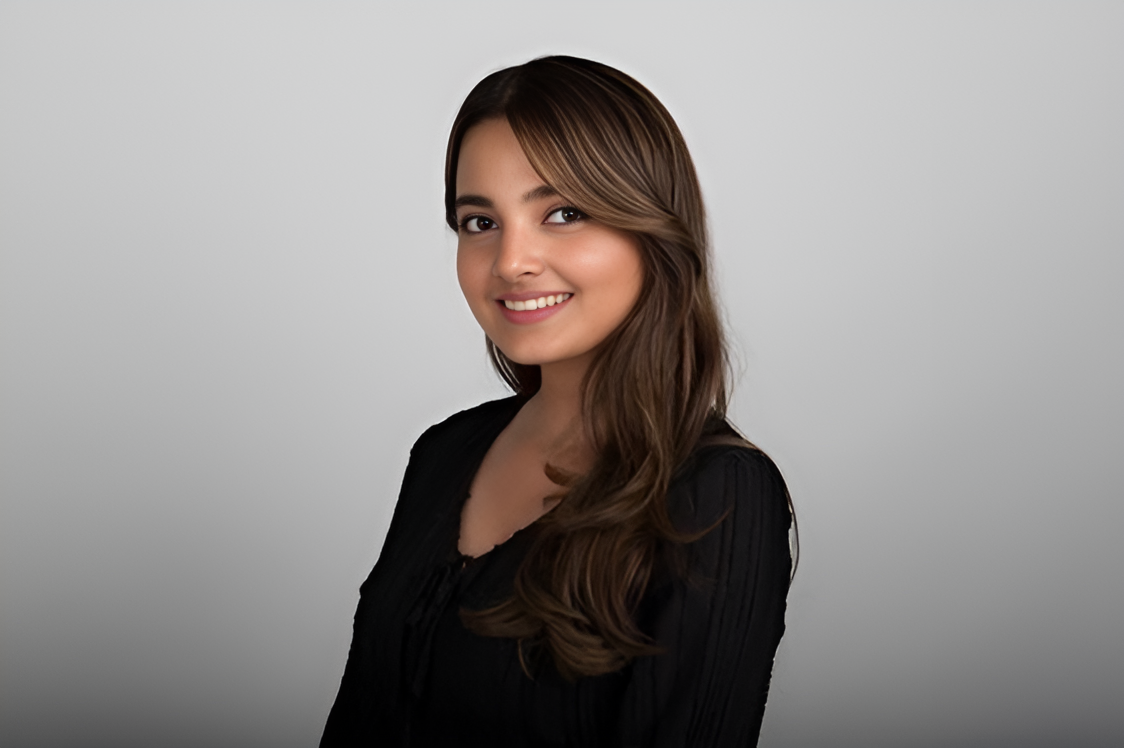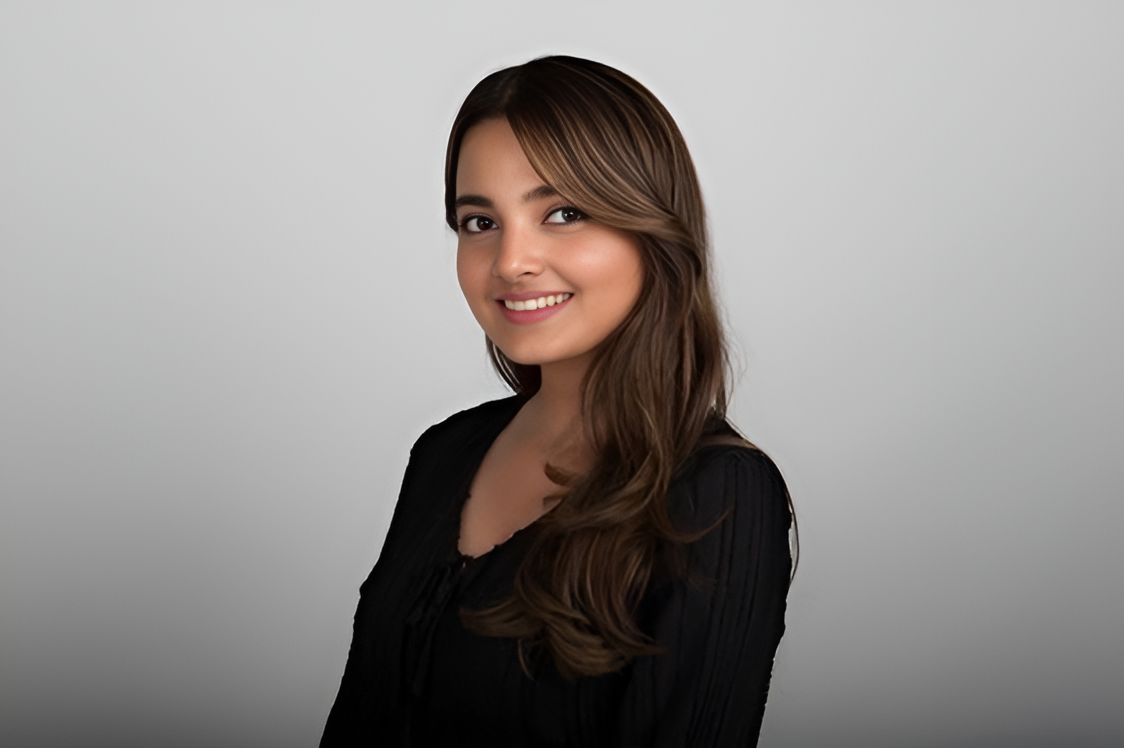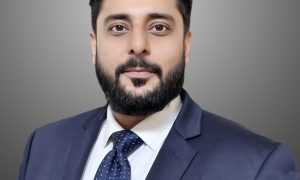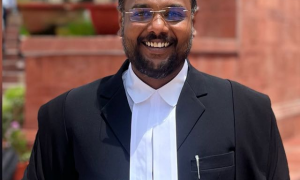This interview has been published by The SuperLawyer Team.

From Head Girl at Modern School Vasant Vihar to an Associate at A&O Shearman in London how do you reflect on your journey?
Looking back, it hasn’t exactly been a straight line, but I don’t think I’d change anything. Being Head Girl at my high school was probably my first experience juggling twenty things at once – academics, debates, sports, painting, dancing, leadership (and occasionally trying to stop people, including my notorious best friend, from bunking classes). I loved being involved in everything, which has sort of stayed with me.
In my final year, apart from juggling the many responsibilities that came with being the Head Girl, I was also a national-level runner and represented the state in competitions across the country. At the time, I remember wanting to take it up professionally and hoped to be the next PT Usha, so I dedicated most of my time to training. I also won a sports scholarship.
When the board results came, I didn’t hit the 95% mark that’s so often treated as the golden ticket. At the time, I thought that meant I’d missed out. But because of all of my achievements, I got admission to Lady Shri Ram College to study Philosophy which turned out to be exactly what I needed. I didn’t know it then, but Philosophy shaped the way I think: it made me comfortable with ambiguity, taught me how to structure arguments, and to ask “why” until something actually made sense. I loved it a lot, and ended up being among the top scorers in the University. It also turned out to be very good prep for a future degree and career in law.
After law school at Delhi University, I clerked for Justice A.K. Sikri at the Supreme Court. I then went on to Cambridge for my LLM, and from there joined Cyril Amarchand Mangaldas, where I worked in hardcore litigation and both international and domestic arbitration. Later, I moved to London first at a U.S. firm focusing on international arbitration, and now with A&O Shearman, where I’ve been part of the Litigation and Investigations team. I’m currently on secondment with the firm’s Regulation & Conduct team, which has given me a very different (but equally valuable) perspective on how institutions think about risk, regulation, and conduct.
It’s been a mix of the unexpected and the intentional but somehow, it’s all added up.
You took on a fairly serious internship while still a student. What made you do that, and what did you take away from it?
During my first year of college, I interned with Justice Anup Bhambhani, who was then a senior advocate practicing at the Delhi High Court and Supreme Court. It was a long-term internship that I somehow balanced alongside lectures and college life but I really wanted to get stuck in early.
It was an eye-opener. I was exposed to serious matters criminal, commercial, and constitutional that eventually reached the highest courts in the country. I did a lot of research and drafting work and got to see legal strategy taking shape in real time. He was the best first mentor anyone could ask for, generous with his time, exacting in the best way, and genuinely invested. They say if your first boss is a good boss, you’re lucky I definitely was.
That experience grounded me early. It helped me see law not just as a subject but as something real, dynamic, and impactful. I think it also gave me the confidence to keep pushing for more, even when things felt intimidating.
And then a clerkship at the Supreme Court with Justice Sikri right after law school, which was your first step into the full time professional legal world. What was that like?
The transition from law school to the Supreme Court was like being dropped straight into the deep end – but in the best way. As a clerk to Justice Sikri, I had a front-row seat to some of the most important legal debates in the country. What struck me most was the sheer discipline and clarity with which he approached even the most complex matters. Every footnote, every comma, had to have a reason.
He was also incredibly open to ideas. I was fresh out of law school, but he always made space for me to question things, to offer my own perspective, and to learn by doing. It taught me the value of precision, yes but also how to look beyond the black letter of the law to the human impact of legal reasoning. That lesson has stuck with me far beyond the court, and I’ll always be grateful to him for cementing my love for the law.
You pursued an LLM at Cambridge right after. What drove that decision, and what was it like?
After the intensity of the clerkship, I wanted to step back and immerse myself in deeper academic thinking. Cambridge had always been something of a dream. I applied, not expecting much, and was genuinely shocked when I got in and that too with scholarships from the Cambridge Trust and the Pratibha M. Singh Foundation.
My time there was everything I hoped for – demanding, inspiring, and also very grounding. I studied international law, information law, advanced private law alongside peers from all over the world. We’d debate the ICC’s latest decisions in the morning, spend afternoons trying (and failing) to punt without falling into the Cam, and evenings at formal dinners where I’d shamelessly sneak in a bottle of Tabasco. It was serious learning with a light touch, and it pushed me to see law in a much more global and comparative way.
After Cambridge, you returned to India and joined Cyril Amarchand Mangaldas (CAM). What was that experience like?
CAM was where I properly learned how to be a litigator. I joined the disputes team and was in court or before a tribunal pretty much constantly arguing, drafting, thinking on my feet. It was full throttle, but I loved it. There’s something about being in the thick of it – scrambling to prepare for a hearing at midnight, getting cross-examination notes ready under pressure – that really forces you to trust your instincts.
I had incredible mentors during that time. Raunak, the partner in the team, was great and generous with his time, and my brother-in-law Aditya – also a lawyer, and at the firm then – was (and still is) someone I lean on for ideas, prep, and perspective. The exposure to substantive matters early on really gave me the confidence to speak up, take ownership, and grow quickly.
You then moved into international arbitration at a U.S. firm in London. What was the shift like?
It was a big transition – procedurally, stylistically, culturally. The focus there was on large-scale international arbitration, so the pace was still fast, but the rhythm was different. Less shouting in courtrooms, more strategic planning in very long Zoom calls.
What I really appreciated was the collaborative nature of cross-border work. You’re often balancing legal regimes, time zones, and business interests at once. I worked closely on issues tied to enforcement risk, and it gave me a clearer sense of how legal exposure often begins long before any formal dispute arises. That experience planted the seed for what’s now a strong interest in how businesses are regulated, the many risks involved, how to mitigate those risks, and when things go south – how best to serve your clients. It also showed me how lawyers can play a proactive role in every stage of that process.
What have you worked on at A&O Shearman, and what are you doing now in your secondment?
At A&O Shearman, I joined the Litigation and Investigations team, where I’ve worked on a range of matters: commercial litigation, internal investigations, and regulatory enforcement issues. Several of those matters touched directly on financial crime, fraud, and misconduct, and I found myself increasingly drawn to the investigative and regulatory angles of our work.
That interest is what led me to take up a secondment with the firm’s Regulation & Conduct team which is part of the risk and compliance function. The role is very strategy-focused – I help assess how emerging regulatory developments might impact the business and its clients, contribute to internal compliance frameworks, and think through conduct from both a legal and cultural lens.
It’s been fascinating to sit at the intersection of law, risk, and policy, and to understand how large institutions manage internal controls, reporting obligations, and reputational exposure. The secondment has also deepened my interest in working with legal systems that are evolving to meet increasingly complex financial, financial crime, regulatory and technological risks. Its given me a much clearer sense of how clients experience and navigate legal risk internally and I am looking forward to bringing that perspective into my disputes, investigations and regulatory practice, where I can apply it with sharper insight and impact.
Outside law, when you were in India you co-founded a teaching academy. Can you tell us about that?
Yes – this is something very close to my heart. My grandmother is a retired schoolteacher who wanted to keep teaching. So, we started small: just a borrowed desk in a neighbourhood temple, a few local kids, and a lot of chalk dust.
It grew faster than we expected. Over the years, we’ve taught more than 1,000 students, all from families who couldn’t otherwise afford extra help. We now have a proper space, a volunteer teaching team, and a small but thriving community.
Even now, from London, I stay involved however I can, mentoring, supporting the team, and helping raise funds. It’s a constant reminder that education doesn’t need to be fancy to be powerful. It just needs to be consistent, kind, and rooted in belief.
Your journey cuts across court work and litigation, arbitration, investigations, and regulatory compliance. What connects it all?
The through-line, I think, is clarity. Whether I’m helping a client frame a case, analysing documents related to an investigation, or advising on conduct risks – it’s about unpacking complexity and making it manageable.
I’ve always been drawn to roles where law intersects with regulation and reputation, especially in high-stakes or high-impact contexts. The kind of work where one wrong move has real consequences, whether it’s a financial crime allegation or a governance failure. That’s what excites me where investigations, compliance, and tech-driven legal thinking all meet. It’s an area I’d love to keep building in.
And finally, what advice would you give to someone starting out, especially if they feel they’re not on the “perfect” path?
I’d say – forget perfect. It doesn’t exist. When I didn’t get the course I thought I wanted in undergrad, I felt like I’d already fallen behind. But that so-called “detour” changed everything. So be open. Your path doesn’t have to look like anyone else’s.
Ask for help. I’ve learned so much just by reaching out to people who were one or two steps ahead of me. And when you’re in a position to, pay that forward.
Also: keep perspective. Law can be intense, and it will stretch you – but it’s also a long game. Take the work seriously, but don’t let it swallow the rest of your life. Keep reading, travelling, painting, running, resting – whatever makes you feel like a person. That part of you will make you a better lawyer, and a much better colleague!
And finally, keep saying yes. Even when it is daunting, even when you feel unprepared, put your hand up. Some of the most defining parts of my journey came from saying yes to opportunities I wasn’t sure I was ready for. That’s how I stumbled into Philosophy first and later into areas of law I never expected to love, commercial disputes, regulatory work, investigations, financial crime and the influence of technology in law, these have shaped the way I think today. So take the chance. Sometimes the things you grow to love and the strengths you didn’t know you had are waiting just on the other side of that first ‘yes’.
Get in touch with Ishmeet Kaur –


























